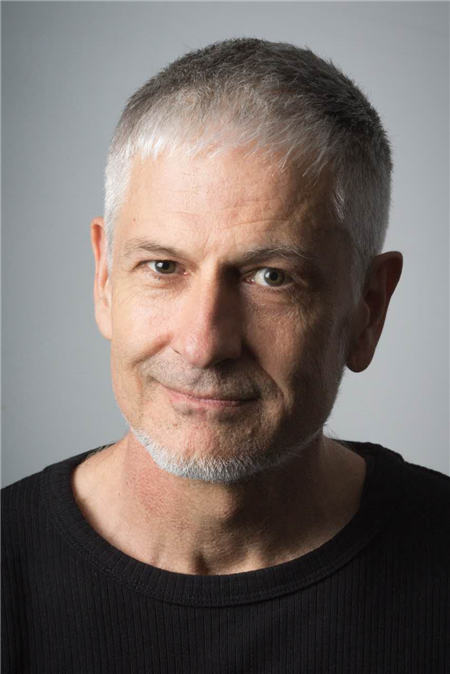 |
|
Brian Samuels, a special-effects artist behind the Hollywood blockbuster I, Robot, hosts a training camp at the Beijing Film Academy. |
In the early 2000s, when The Lord of the Rings trilogy was made, the crowd simulation system made it possible for computers to choreograph thousands of figures on screen - like an army fighting.
In Gravity (2013), for example, LED screens were simultaneously used to show the virtual surroundings of the film's protagonists while they were acting in front of the camera. A few years ago, when actors and actresses shot a scene for a film, the special effects had to be designed separately and added to the film.
Now such technology is making post-production effectively pre-production, he says.
He says special effects have become so sophisticated that he expects 3-D to go out of fashion someday.
"It's a transition," he says. "Virtual reality is the future. With the immersive virtual experience, you will be standing in a film soon."
The future will come to China, too, he says.
"Chinese (visual effects) artists have tremendous potential," he says. "Sometimes they don't even realize how good their work is."
Aspiring filmmakers approached him at the training camp at the Beijing Film Academy, trying to show him works they thought weren't good enough.
"They're better than good," Samuels says. "They just don't know it themselves."
Wei Chuanxing, a special-effects artist based in Beijing, says: "We have talent. We have the hardware and use the same software. We are not lagging in skills.
"What we need most to learn from developed countries is the system, how the whole structure moves smoothly."
Meanwhile, as China's film industry continues to burgeon, plans are afloat to enable the industry to produce good blockbusters smoothly and independently.
Recently, Alibaba Pictures announced a 1 billion yuan ($158 million) plan to invest in young filmmakers with an eye on blockbusters with winning technology, including special effects. Young filmmakers will first apprentice in an entire coproduction process before leading their own projects.
"It's exactly what Hollywood did years ago. It's the same logic," says Samuels. "There is no reason why China shouldn't be as good in the future."
Changes might come fast in the business, but for artists, their choices are clear, Samuels says.
"You become an artist because you have to. You're driven to express what you see whichever way you can."